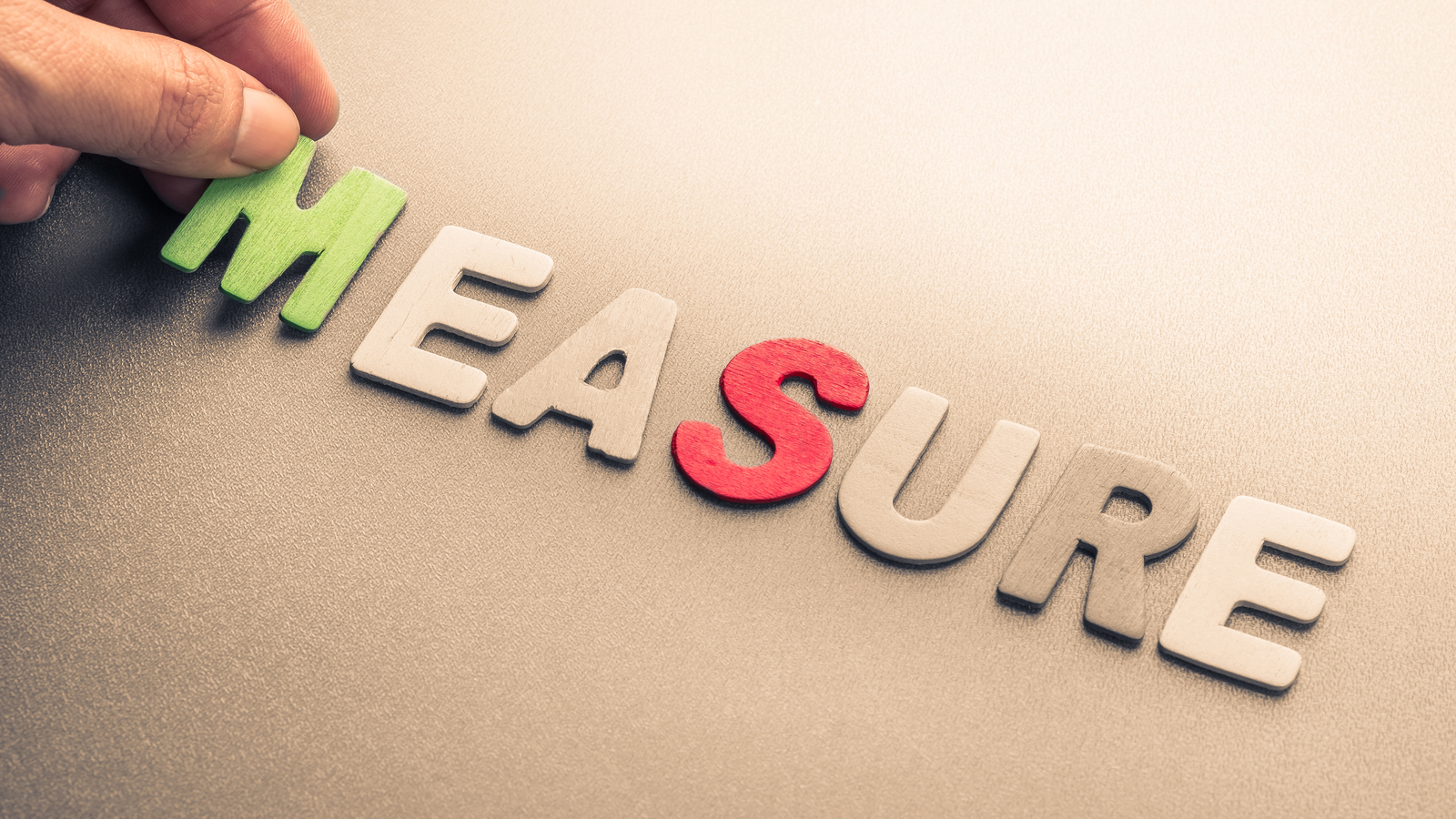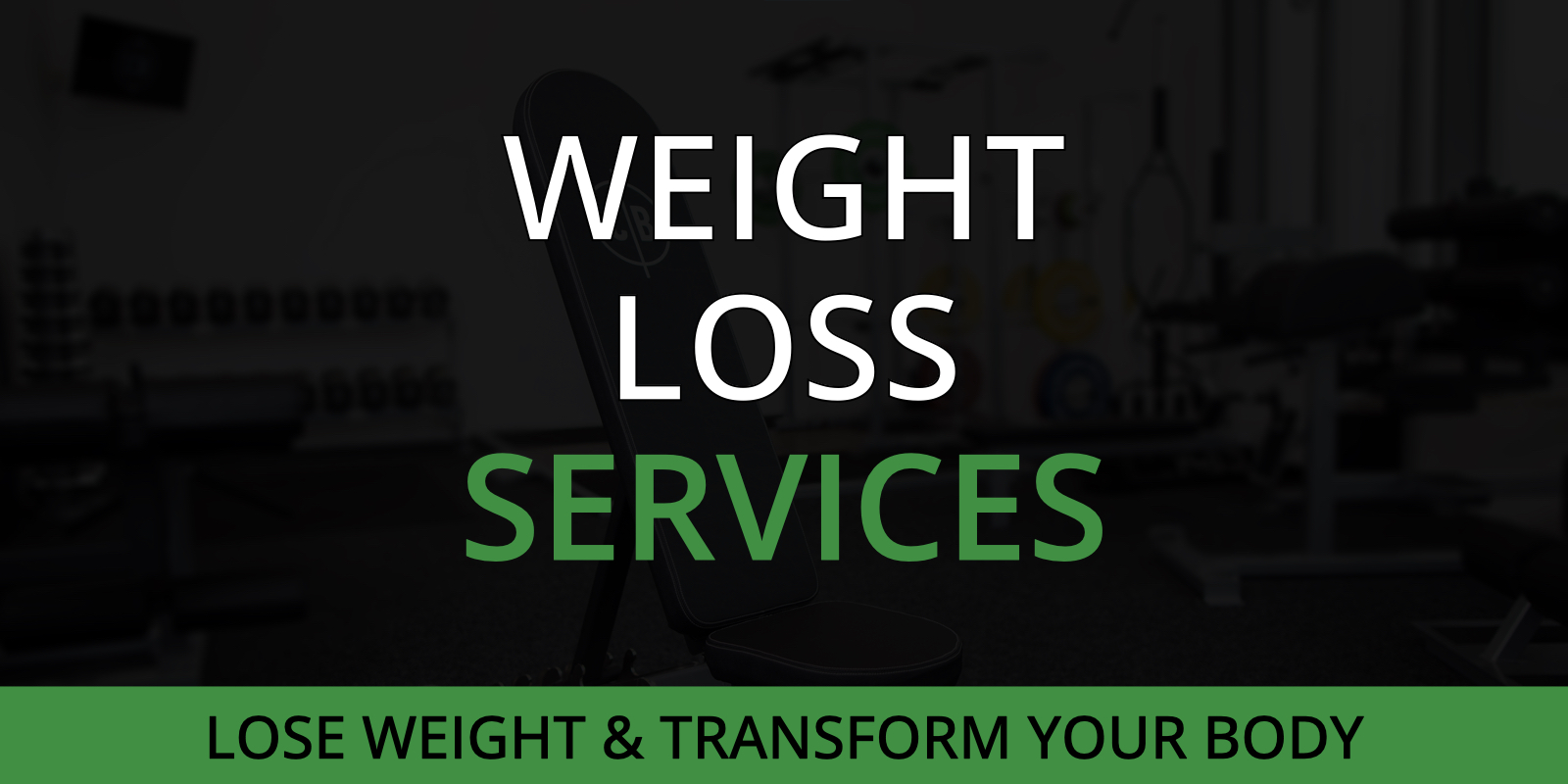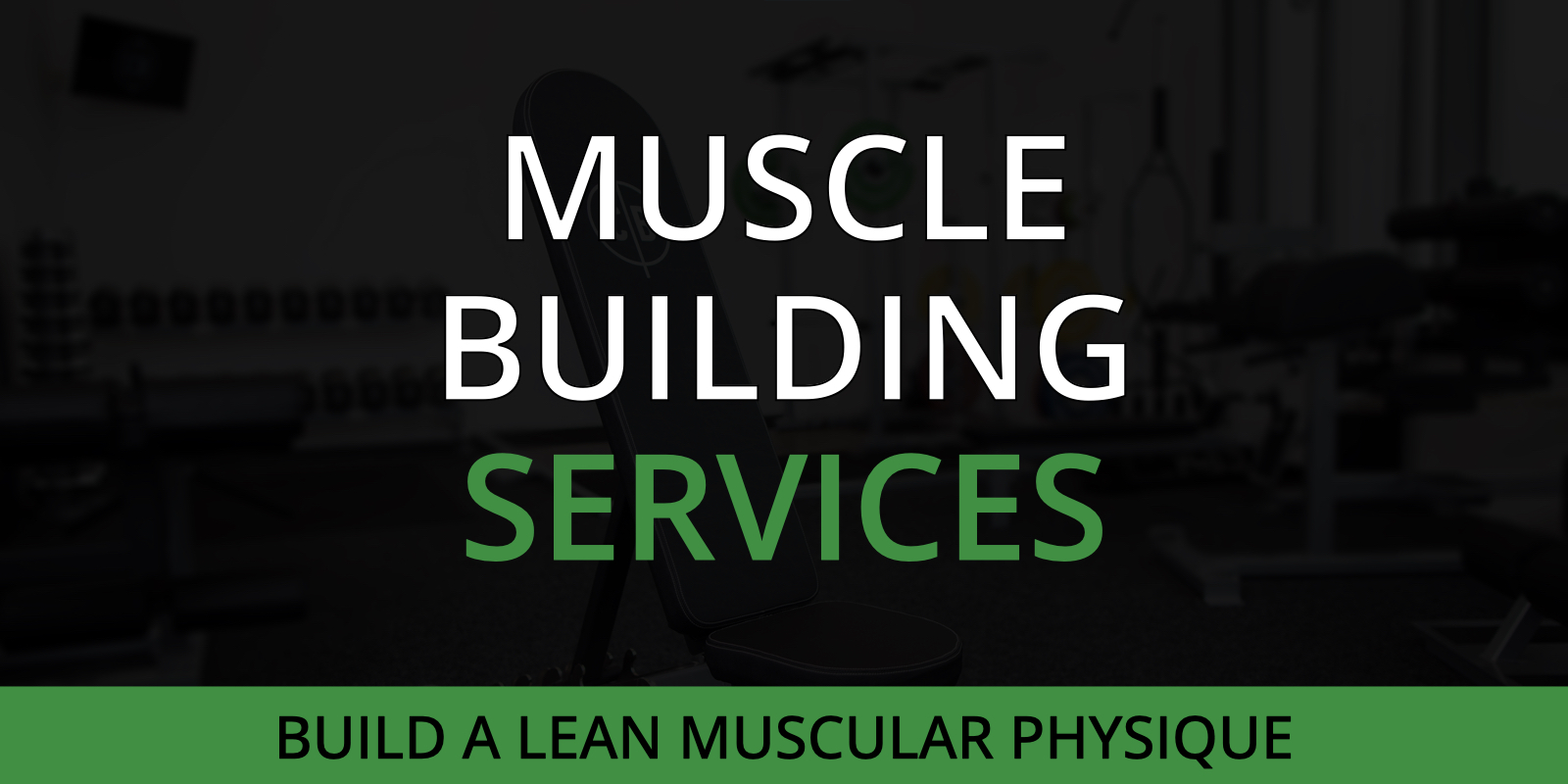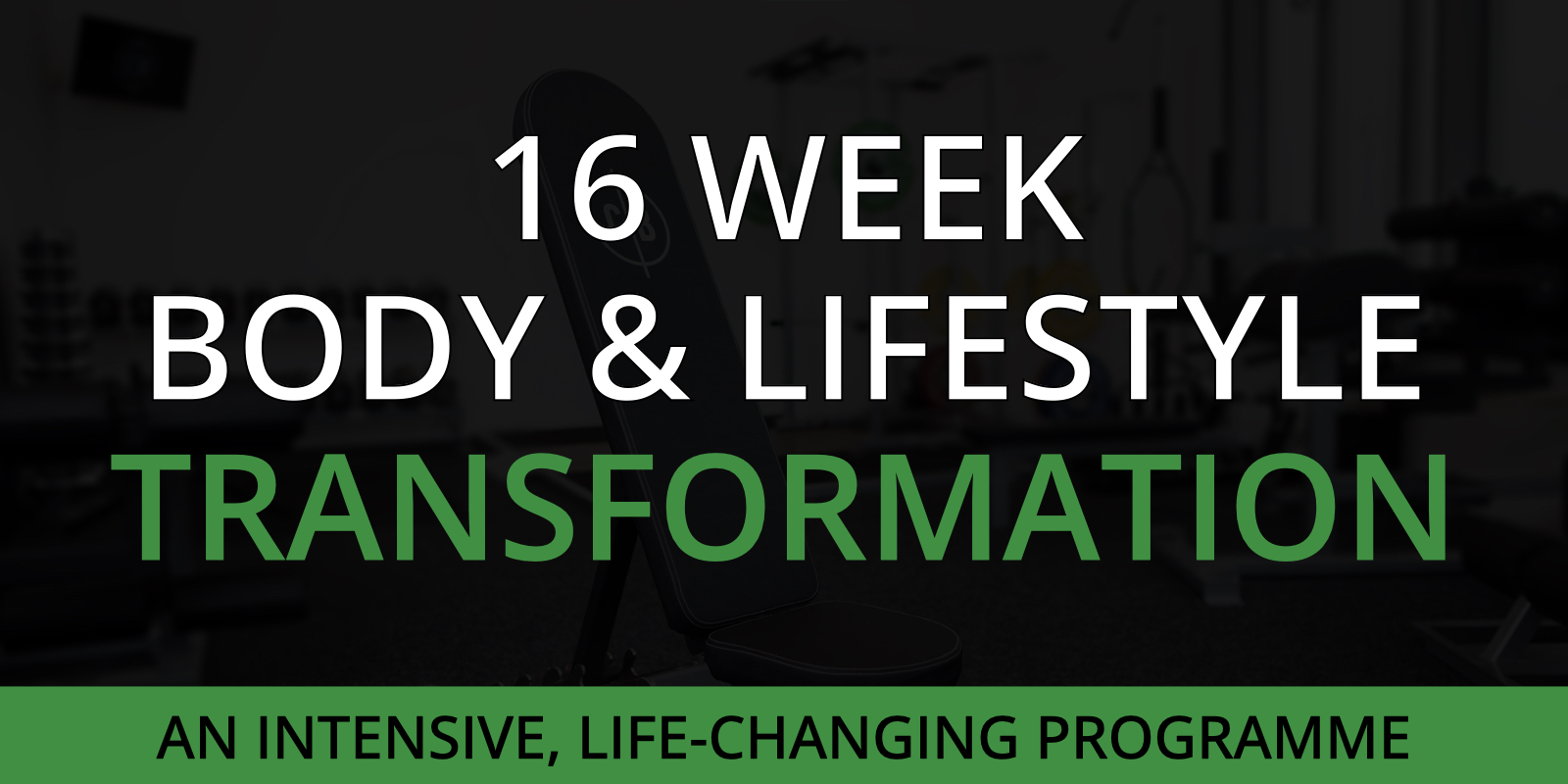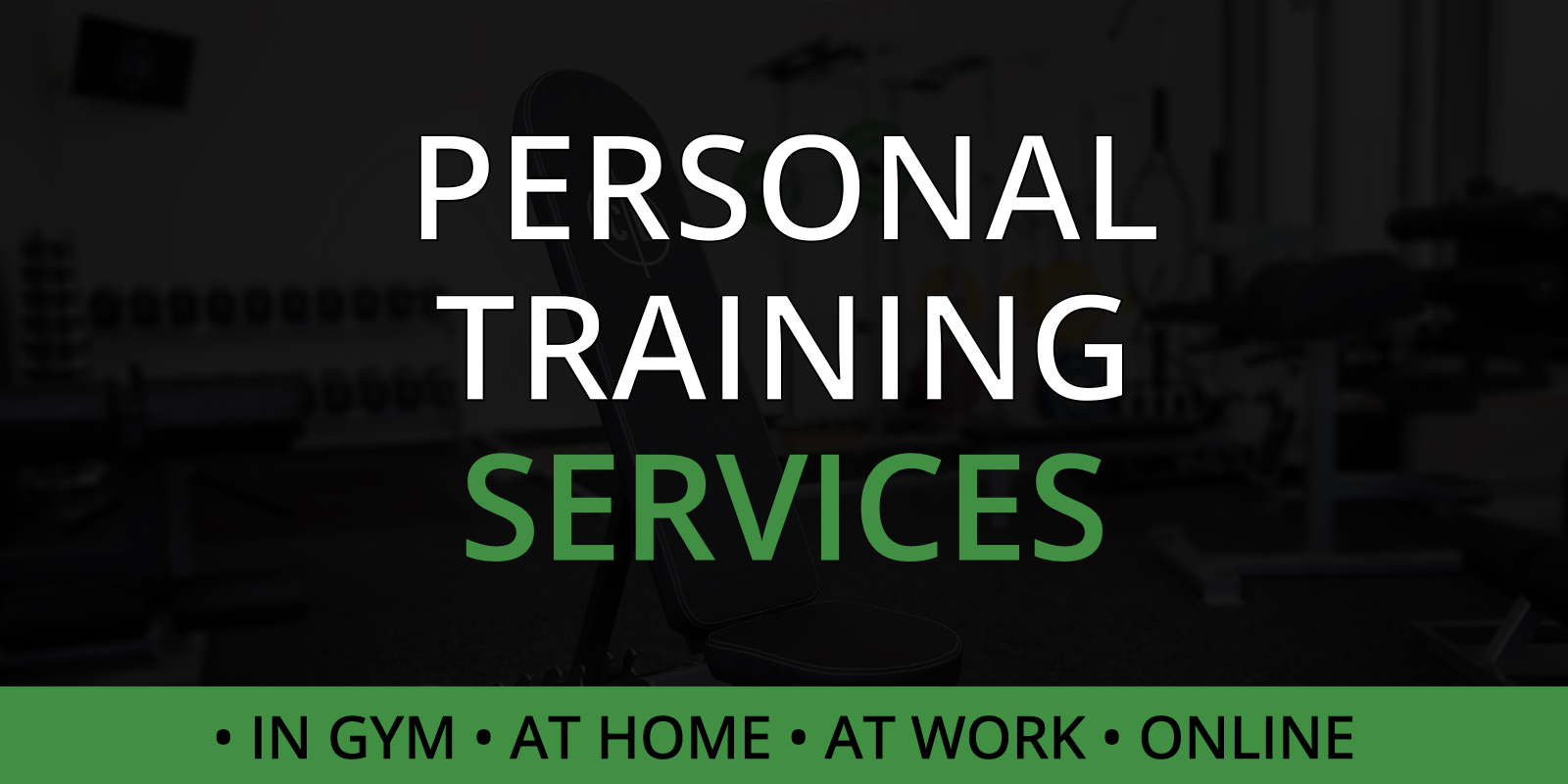As a basic principle for development and improvement with anything, keeping track of or measuring is a critical part of the process.
Be that in health and fitness, or for almost everything else for that matter.
As a coach, data plays an important part in the decisions I make each and every day.
What’s also important to consider in the quality of the data being reviewed.
Bad data can lead to bad decisions.
So, what can or should be measured?
To begin with, checking your bodyweight regularly is a pretty good plan for *most* people.
Be that if you are looking to change your bodyweight or not.
For example if weight loss is your goal, you should really be checking your body weight every 7 – 14 days.
But what is critical is that you try, as best you can, to recreate the same conditions every single time.
You must compare like-for-like or apples-to-apples as the saying goes.
This means, same day, time of day, clothing and whether you go to the toilet or not, hydration status, and even carbohydrate levels from the previous day or so if possible.
I’m sure you already know that body weight can fluctuate quite considerably during a day.
For instance, comparing your weight from when you go to bed to when you make up is nowhere near the same conditions.
Remember earlier when I mentioned bad data, this would be a prime example.
Even if you don’t want to change your body weight, taking a regular check can be the difference in knowing your weight has creep up by a few pounds or leaving it for months and it creeping up by a few stone!
Let’s look at another place where you can measure progress, inside the gym…
If you want to get stronger, how would you know if you’ve got stronger if you don’t record it?
Exactly the same as the previous example, we want good data so we need to compare like-for-like as much as possible.
As such, exercise order, sets, reps, tempo and rest periods should all be considered.
If one week on your 2nd set of bench press you lift 100kg for 5 reps with a 3 minute rest period, but the week after on your 2nd set of bench press you lift 100kg for 6 reps with a 5 minute rest period, have you got stronger?
It’s hard to say because you’ve mad a significant change to your rest period.
Whose to say that you couldn’t of done that last week, we will never know.
It’s for reasons like this why I have my clients complete a specific programme around 4-6 times (depending a the individual) to see definitive proof that we are achieving what we are actually trying to do.
Be that got stronger, fitter, etc.
Otherwise, we’re training for entertainment.
This is fine for some people, they don’t care about the numbers too much, they just want to move.
Let’s wrap this up by saying that you don’t have to measure everything, just a few key markers.
What I measure for one client, may differ from what I measure for the next.
Some clients have everything recorded, they like numbers, they want specifics, that’s fine.
Some clients want one or two things measured that we know will keep them on track.
Find out what works best for you and commit to the process.
Thanks for reading, have a great day.
Craig
Do you need confidential help with your health, fitness or nutrition? I have a range of services available, with Personal Training in my Private Gym in Manchester, also at your home or workplace in the surrounding areas. For clients further afield, I provide Online Personal Training, Nutritional Consultancy & Private Fitness Holidays.

